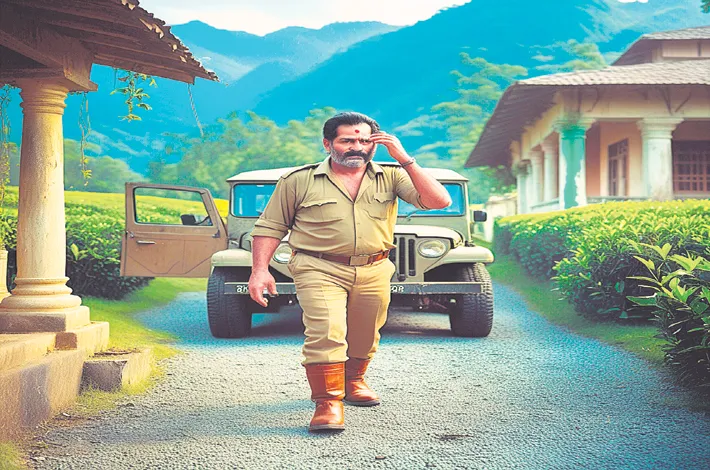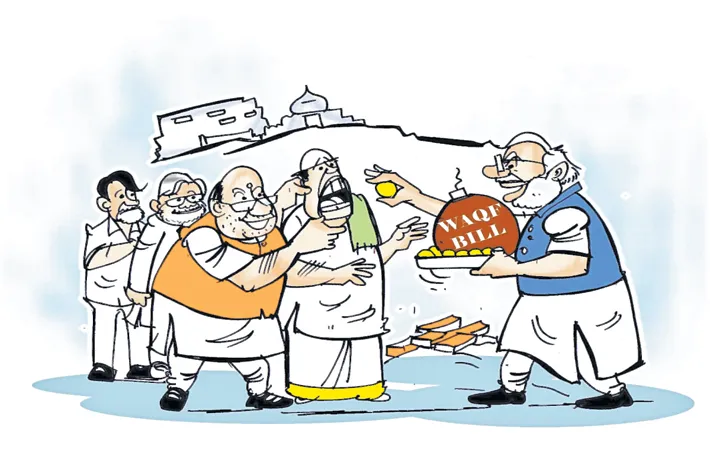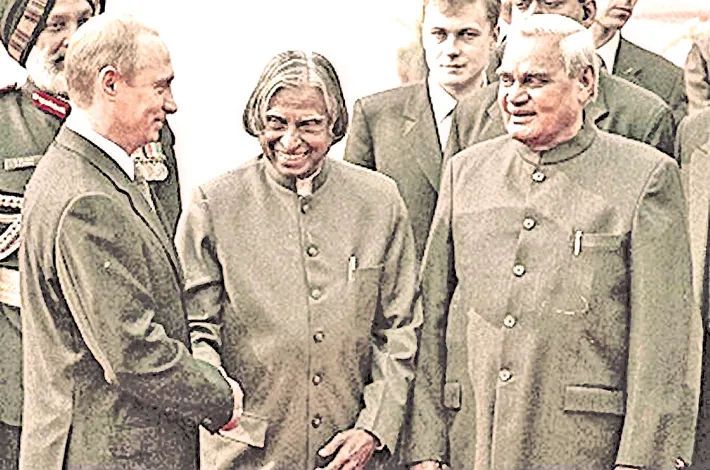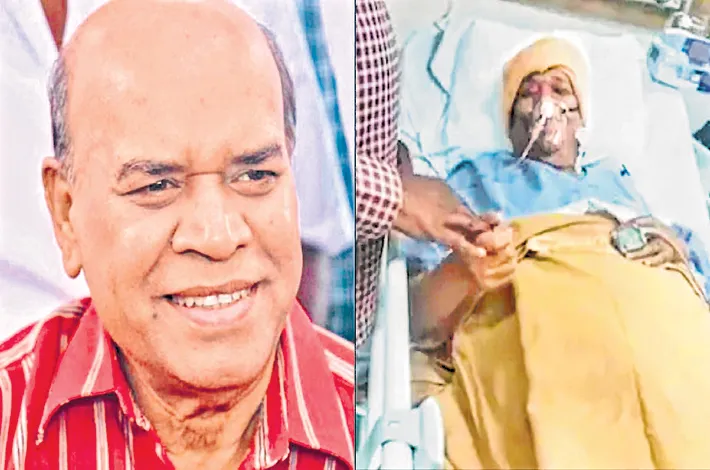The Shadow Over Tezpur
08-04-2025 12:00:00 AM

Back at the station, Ranjit pored over Dipankar’s notes, seized from his cluttered apartment. Pages of scribbled names, dates, and locations—most of it coded, as if he’d known someone might come looking. One name stood out: “Lila.” No surname, no address, just a question mark and the word “runner.” Was she the killer? A witness? Ranjit’s gut told him she was the key
The humid night hung heavy over Tezpur, a sleepy town nestled along the Brahmaputra River in Assam. The air buzzed with the drone of cicadas, occasionally pierced by the distant bark of a stray dog. Inspector Ranjit Barua wiped the sweat from his brow as he stepped out of his jeep, his boots crunching against the gravel outside the old tea estate bungalow. The call had come an hour ago—frantic, garbled, and cut off by a scream. Now, the silence was deafening.
The bungalow loomed ahead, its colonial-era frame sagging under decades of neglect. The tea gardens around it stretched into the darkness, their rows of bushes swaying like restless spirits in the breeze. Ranjit adjusted his holster and nodded to Constable Gogoi, a wiry young man who clutched his flashlight with a trembling hand. “Stay sharp,” Ranjit muttered. “Something’s not right here.”
Inside, the air was thick with the metallic tang of blood. The beam of Gogoi’s flashlight danced across the walls, revealing faded photographs of British planters and Assamese workers. Then it stopped—frozen on the body sprawled across the floor. A man, mid-forties, his throat slashed clean, eyes wide in a final, unseeing stare. Blood pooled beneath him, staining the cracked wooden planks. Gogoi gagged, but Ranjit’s jaw tightened. He recognized the victim: Dipankar Saikia, a local journalist who’d been poking into the underbelly of Tezpur’s opium trade.
“Sir,” Gogoi whispered, pointing to a trail of bloody footprints leading toward the back door. “Someone left in a hurry.”
Ranjit followed the trail, his hand resting on his revolver. The prints were small—too small for a man. A woman? A child? The door creaked open to the tea garden, where the shadows swallowed the trail. He cursed under his breath. The killer could be anywhere in that maze of foliage.
By morning, Tezpur was abuzz with whispers. Dipankar’s death wasn’t just another murder—it was a message. For weeks, he’d been publishing exposés about the opium cartel operating out of the Northeast, a shadowy network that stretched from the poppy fields of Arunachal Pradesh to the smuggling routes along the Myanmar border. Ranjit had warned him to back off, but Dipankar had laughed, his eyes glinting with defiance. “The truth doesn’t hide, Inspector,” he’d said. Now, the truth had silenced him.
Back at the station, Ranjit pored over Dipankar’s notes, seized from his cluttered apartment. Pages of scribbled names, dates, and locations—most of it coded, as if he’d known someone might come looking. One name stood out: “Lila.” No surname, no address, just a question mark and the word “runner.” Was she the killer? A witness? Ranjit’s gut told him she was the key.
He sent Gogoi to canvas the tea garden workers while he hit the streets. Tezpur wasn’t big, but its secrets ran deep. In the marketplace, amid the chatter of fishmongers and the clatter of rickshaws, he leaned on an old contact—a chaiwallah named Biku who heard everything. “Lila?” Biku frowned, pouring tea into a chipped glass. “Heard of a girl by that name. Runs errands for the big fish. Young, quiet, fast. They say she’s a ghost—slips through the cracks.”
“Where do I find her?” Ranjit pressed.
Biku shrugged. “Ghosts don’t leave addresses, Inspector. But if she’s tied to Dipankar, try the old mill by the river. It’s where the shadows meet.”
The mill was a rotting husk, its rusted machinery groaning in the wind. Ranjit moved silently, his revolver drawn. The Brahmaputra glittered beyond, its waters carrying the weight of the night. Inside, he heard it—a soft shuffle, then the clink of metal. He rounded a corner and froze. A girl, no older than sixteen, stood there, her hands stained with grease as she stuffed a bag with cash and small packets wrapped in plastic. Her eyes—wild, darting—met his.
“Don’t move,” Ranjit barked, but she was already bolting, slipping through a gap in the wall like water through fingers. He gave chase, the mill’s corridors a labyrinth of decay. She was fast, but he knew these streets. He cut through an alley and tackled her as she emerged, pinning her to the ground. She thrashed, her nails raking his arm, but he held firm.
“Who are you?” he demanded. “Why’d you kill Dipankar?”
“I didn’t!” she spat, her voice raw. “They did! I just run for them—money, goods, whatever. Dipankar got too close, so they cut him. I saw it—ran before they cut me too.”
“Who’s ‘they’?” Ranjit tightened his grip.
Her eyes flickered with fear. “The Syndicate. Names don’t matter—they own everything. The tea, the opium, the cops—”
A gunshot cracked through the air, and Lila’s words died in a gurgle. Blood bloomed across her chest as she slumped in Ranjit’s arms. He spun, firing blindly into the shadows, but the shooter was gone. Sirens wailed in the distance—Gogoi must’ve called backup. Too late.
Ranjit laid Lila down, his hands shaking. Two deaths in twelve hours, and the Syndicate was still a phantom. He stared at the river, its current carrying away the night’s secrets. This wasn’t over. The shadows over Tezpur were growing, and he’d tear them apart, one thread at a time—even if it cost him everything.








